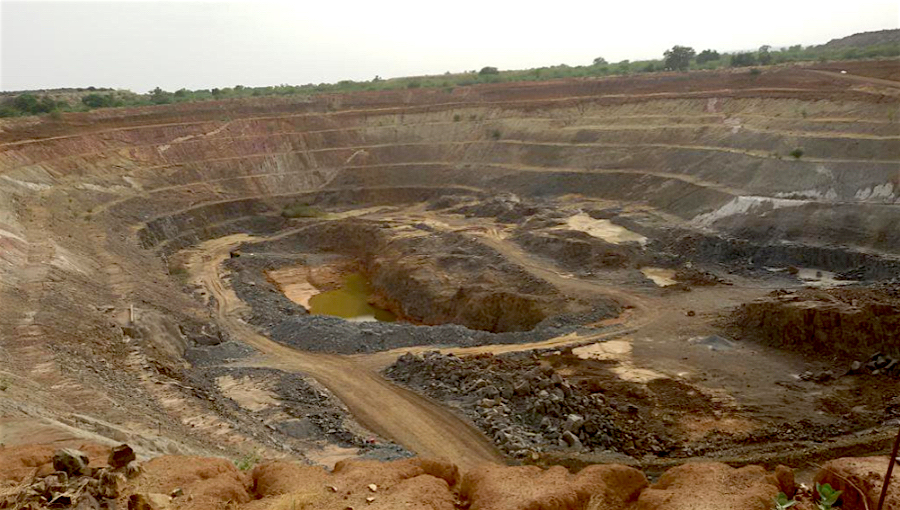Burkina Faso investigates mine flood as search for eight workers drags on

Burkina Faso’s government has launched a judicial investigation into a flood at a zinc mine that left eight workers trapped, with rescue efforts entering a third week, it said.
Canada-based Trevali Mining Corp suspended operations at its Perkoa mine on April 16, when heavy rainfall caused flash floods and left eight workers missing underground. Search and rescue efforts are ongoing, it said on Monday.
Following a visit to the site on Sunday, Burkina Faso Prime Minister Albert Ouedraogo said that managers of the mine had been banned from leaving the country while investigations were underway into the cause of the accident.
“Precautionary measures have been taken to prevent the persons in charge of the mine from leaving the country and instructions have been given firmly to the Minister of Security for this,” said a statement from the PM’s office.
Trevali said it had received no official communication but was aware of the prime minister’s comments. The company is also investigating the cause of the accident, it said.
“Senior management of Trevali remains at the Perkoa mine and are overseeing the active dewatering and mine rehabilitation work,” said Jason Mercier, the company’s director of investor relations.
“Trevali continues to work at maximum capacity, 24 hours a day, to locate the missing workers,” he told Reuters.
In a previous statement, the company said that while most workers underground were able to safely evacuate, the eight missing workers were working below Level 520, which is 520 metres (1,706 feet) from the surface, at the time of the flooding.
There are two refuge chambers located below Level 520 designed in case miners become trapped, but the company said it did not know if any of the missing workers had been able to reach them.
(By Thiam Ndiaga and Nellie Peyton; Editing by Bill Berkrot)
{{ commodity.name }}
{{ post.title }}
{{ post.date }}




Comments